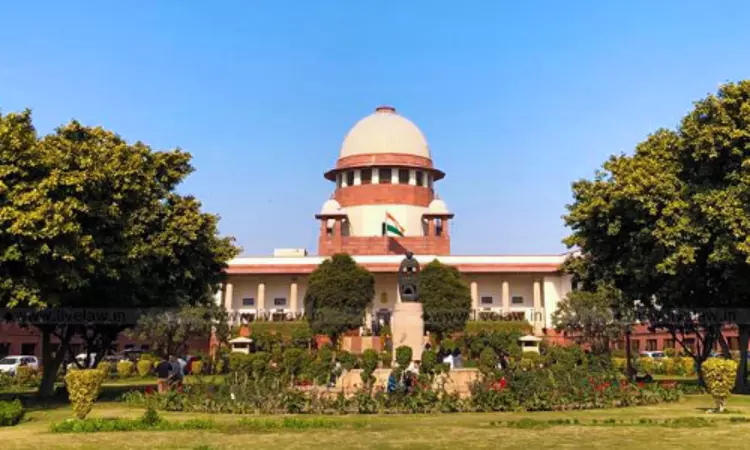High Courts & Trial Courts Have Forgotten That Bail Is Not To Be Withheld As A Punishment: Supreme Court
Anmol Kaur Bawa
5 July 2024 6:15 PM IST

Next Story
5 July 2024 6:15 PM IST
Sending an important message to the Courts across the country, the Supreme Court recently lamented that the High Courts and Trial Courts have forgotten that bail cannot be denied as a punishment."Over a period of time, the trial courts and the High Courts have forgotten a very well settled principle of law that bail is not to be withheld as a punishment," observed a bench comprising Justices...
